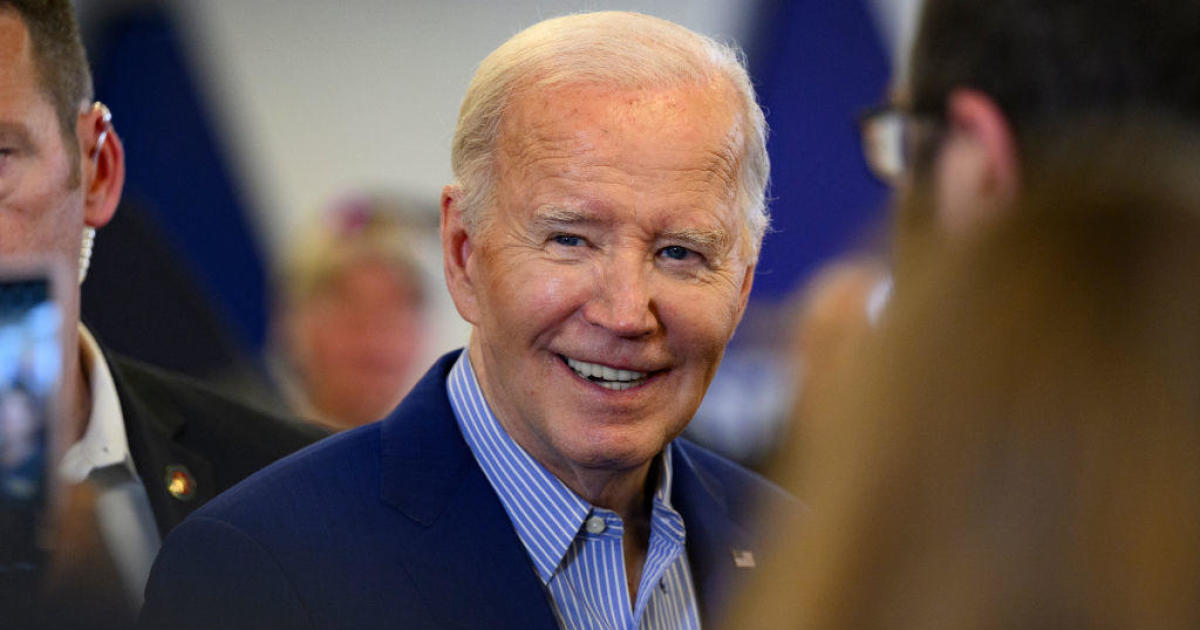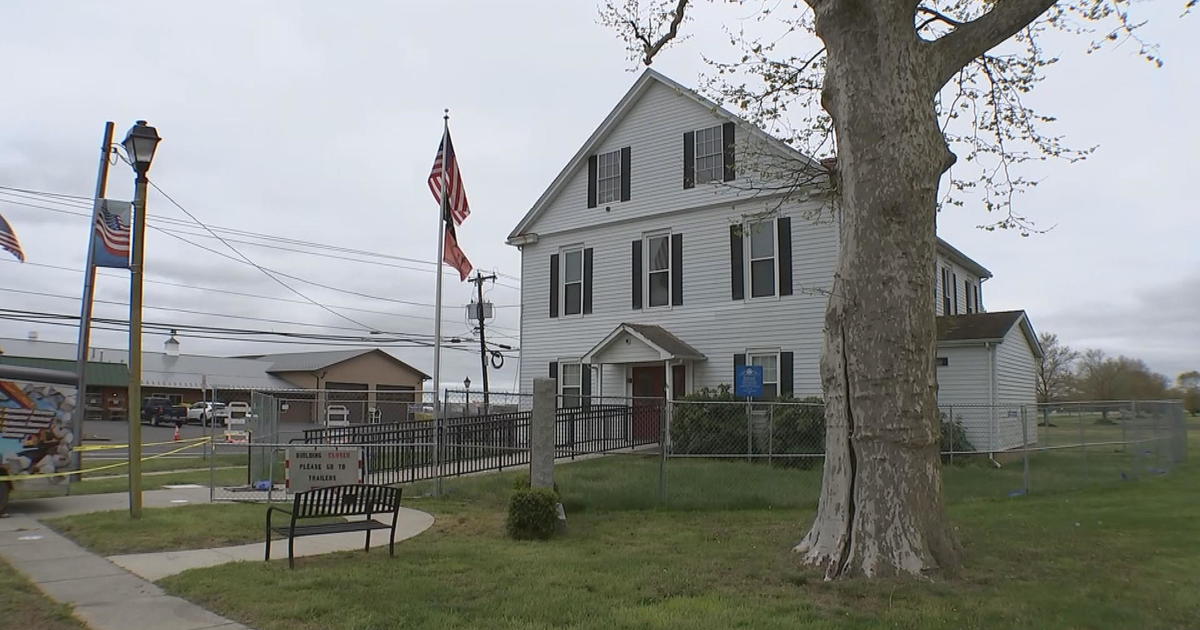National Security Adviser Flynn Resigns Amid Controversy Over Russia Contacts
PHILADELPHIA (CBS/CNN) -- Embattled White House national security adviser Michael Flynn resigned Monday night.
His departure came just after reports surfaced the Justice Department warned the Trump administration last month that Flynn misled administration officials regarding his communications with the Russian ambassador to the United States and was potentially vulnerable to blackmail by the Russians.
The move comes less than a month into the job, making him one of the shortest-serving senior presidential advisers in modern history.
In his resignation letter, Flynn wrote: "I inadvertently briefed the vice president-elect and others with incomplete information regarding my phone calls with the Russian ambassador."
White House counselor Kellyanne Conway told NBC's "Today" show that was what cost Flynn his job.
"In the end, it was misleading the vice president that made the situation unsustainable," Conway said.
The Department of Justice told the White House a month ago that Flynn hadn't been truthful about the phone calls and warned that could make him vulnerable to blackmail by Moscow
"I'm telling you what the president has said which is that he has accepted General Flynn's resignation and he wishes him well," Conway said."
On Twitter, Trump seemed more upset about the leak, saying that was the real story.
Trump immediately named retired three-star Army Gen. Keith Kellogg to be the acting national security adviser until a permanent replacement is named.
"There are at least three candidates, very strong candidates, that will be considered for a permanent position here," Conway said.
Kellogg is one of the three finalists for the full-time position, along with retired Vice Adm. Robert Harward and former CIA Director David Petraeus.
Democrats on Capitol Hill are calling for briefings and hearings to learn exactly what Flynn told the Russian ambassador, and whether that was a possible violation of the law.
The sudden exit marks the most public display yet of disarray at the highest levels of the new administration, which has faced repeated questions over a slew of controversies and reports of infighting among senior aides during its first three weeks.
The shakeup now leaves Trump without one of his closest and longest-serving advisers. Flynn had counseled Trump on foreign policy and national security matters since early in the 2016 presidential race.
Flynn was not able to definitively refute a Washington Post story late last week that his conversations with Russian Ambassador Sergey Kislyak included communication about the sanctions. It is illegal for unauthorized private citizens to negotiate with foreign governments on behalf of the US.
The controversy intensified after the report put Pence and several senior White House advisers in an uncomfortable position, as they had denied in TV interviews weeks earlier that Flynn discussed sanctions with the ambassador. Some administration officials said Flynn must have misled Pence and others.
"The knives are out," a White House official told CNN on Friday, noting that "there's a lot of unhappiness about this."
Many expressed concern at the idea that Flynn, a retired lieutenant general who headed the Defense Intelligence Agency, would discuss sanctions with a foreign official whose calls are regularly monitored by US intelligence and law enforcement agencies.
A U.S. official confirmed to CNN on Friday that Flynn and Kislyak did speak about sanctions, among other matters, during a December call.
But after the call was made public, Pence told CBS News on Jan. 15 that Flynn did not talk with Kislyak about the sanctions, which the Obama administration recently levied due to Russia's alleged interference in the 2016 elections.
"They did not discuss anything having to do with the United States' decision to expel diplomats or impose censure against Russia," Pence told CBS News.
On Friday, an aide close to the national security adviser told CNN that Flynn could not rule out that he spoke about sanctions on the call.
The White House official blamed much of the outcry against Flynn on a Washington culture always in search of a scalp, but people within Trump's orbit did little to defend Flynn during appearances on Sunday news shows.
Stephen Miller, White House policy director, was asked directly about Flynn's future on a number of Sunday talk shows. Miller responded by saying he was not the appropriate official to ask.
"I don't have any answers today," Miller said in response to questions about whether Flynn misled the vice president. "I don't have any information one way or another to add anything to the conversation."
The-CNN-Wire ™ & © 2017 Cable News Network, Inc., a Time Warner Company. All rights reserved.



